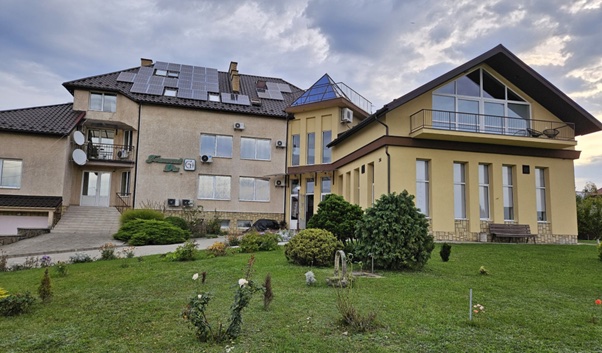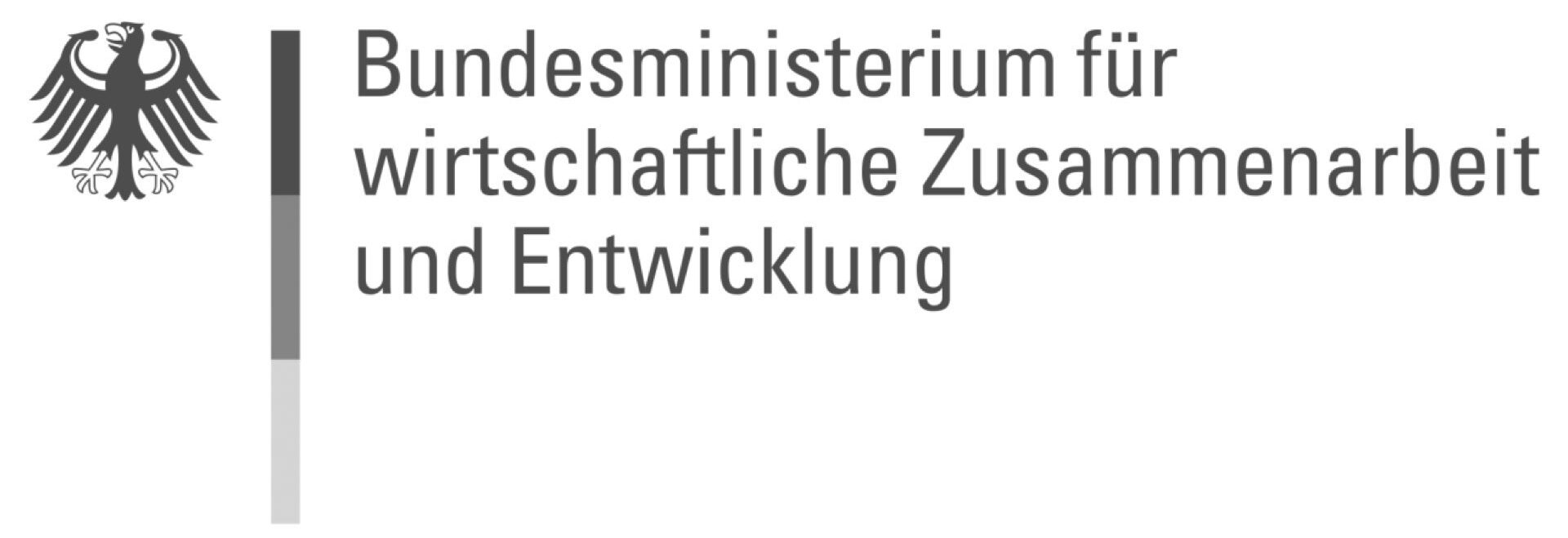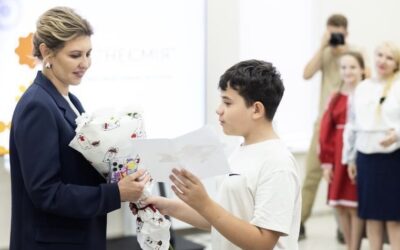
RESILIENCE CENTER
September 2025 marked the official launch of a four-year project to strengthen the resilience of families suffering from the consequences of war.
The project is being tackled locally with impressive energy and confidence. In the words of the project leader, Ms Tetiana Machabeli: ‘Supporting families in Ukraine through my work has been close to my heart for so long. And now we finally have a project for it – and we’re ready to go!’

The Initial Situation
The ongoing war in Ukraine has led to mass displacement and, as a result, significant social, economic and psychological difficulties. A study by the Ukrainian Institute for Social Research (2024) shows that 35% of families who had to relocate due to the war report significant family conflicts and difficulties adjusting to their new location. In addition, 20% of families in these regions reported divorces or intentions to divorce due to psychological stress and trauma.
Many families have been separated due to military service or displacement, leaving children in the care of relatives or guardians. Fear of mobilisation, loss of loved ones and psychological trauma have significantly affected family stability.
There is a lack of family-related support services, social services, psychosocial support and integration at all levels.
The project:
Strengthening the resilience of families suffering from the consequences of war
To meet these challenges, a ‘resilience centre’ is being set up at the Nehemia Team’s location in Uzhgorod and in Kiev as part of a project funded by the BMZ.
Two areas of need were identified in advance, which we want to address:
- Families suffer from significant psychological trauma, economic hardship and social disintegration as a result of war and forced displacement. They require holistic programmes that offer trauma-informed care, stress management and legal/financial advice for entire families, not just individuals.
- Professionals regularly deal with families affected by war and strive to resolve their psychological and social problems. They require additional training to improve their skills in trauma work, stress management and crisis situations, and to gain a better understanding of family dynamics.
Our Goals
What we want to achieve: As part of the project, families and professionals learn and use the necessary tools, skills and resources to overcome crises, develop themselves and guide others in doing so. This brings about both immediate behavioural changes and long-term improvements, creating a stronger and more supportive community environment.
We are working on tangible improvements in four areas:
1. Psychosocial Wellbeing of Families
Families in Uzhgorod, Kiev and the surrounding regions are confronted with emotional stress, unresolved trauma and a lack of access to structured psychosocial support; the project aims to help participating families achieve improved emotional well-being, reduced stress levels and improved family communication.
A therapeutic programme is being developed for families, covering the following topics:
- The impact of gender stereotypes on family roles
- Conflict resolution
- Child and adolescent psychology
- Trauma and its impact on all family members
- Family finances
- Issues of integration and overcoming dependencies within the family
2. Expertise and networking among professionals
Professionals from various occupational groups (police, social workers and counsellors, psychologists, foster parents, educators, teachers, etc.) often have only limited knowledge of modern trauma-informed care; the project enables professionals to apply trauma-informed approaches in their practice.
A programme with the following components is being developed for professionals:
- Working with traumatised children and adults
- Crisis management
- Communication skills
- Burnout prevention
- Working with perpetrators of domestic violence and supporting victims
3. Infrastructure for seminars
The organisation of seminars in Uzhgorod is hampered by frequent power and water outages; the installation of backup power sources is intended to reduce the number of power outages, while energy efficiency measures will lower heating and electricity costs.
4. Cooperation among Players in the Field
Cooperation between NGOs, local authorities and communities has been patchy to date; the project will develop concrete action plans for sustainable cooperation even after the project has been completed.
The project has a total volume of just under half a million euros. 90% of the costs are covered by the Federal Ministry for Economic Cooperation and Development, with the remaining 10% covered by the organisation itself. The funds are primarily used to cover personnel, operating costs and the energy equipment for the training centre.
The project is co-funded by the Federal Ministry for Economic Cooperation and Development.

News About the Resilience Center
Official Launch of the Project “Resilience Center”
At the end of September 2025, a four-member team from nehemia team e.V. in Fürth travelled to Uzhgorod. The focus of the trip was the official launch of the four-year ‘Resilience Centre’ project.Resilience – mental fortitude – is essential for survival, especially in...
Victims Turned Winners
In August 2024, Ukrainian First Lady Olena Zelenska visited the centre in Uzhgorod to learn about trauma-informed education work with children, young people and women. Olena Zelenska describes the Nehemia Centre as a kind of resilience centre for the Transcarpathia...

